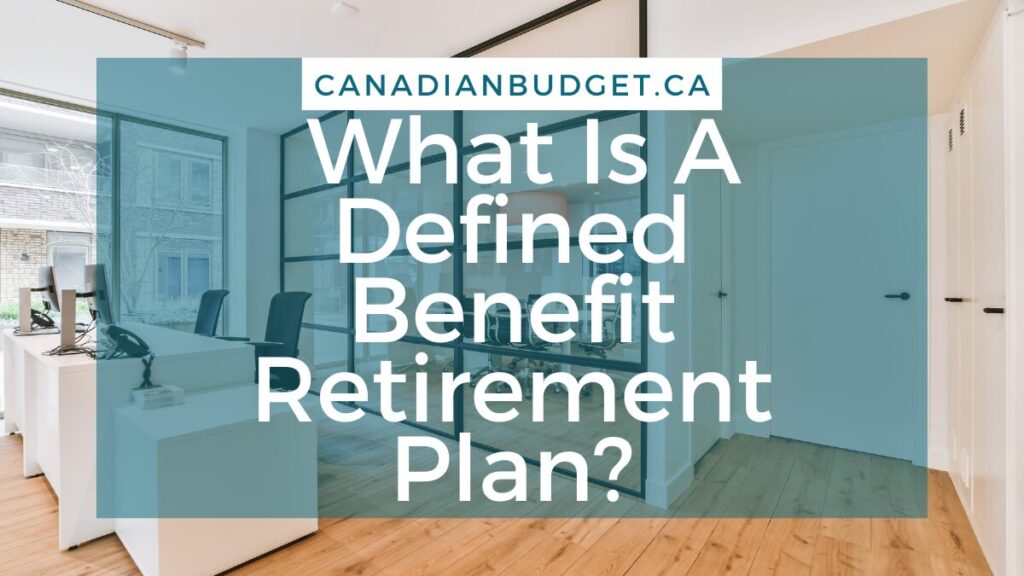Throughout your career search, you may come across some employers that offer a defined benefit pension and wonder, “Just what is a defined benefit retirement plan?” Don’t worry; we’ve got you covered with a straightforward guide for young adults.
What is a Defined Benefit Retirement Plan?
Table of Contents
ToggleWhat is a defined benefit retirement plan? Simply put, it’s one style of company pension in Canada where you get a guaranteed amount of money paid out to you for life after retirement. Your future retirement payout is predetermined based on factors like salary history and years of service with your employer. This plan offers a guaranteed income stream during retirement, making it like having a financial safety net. Think of a Defined Benefit pension as the Rolls Royce of pension plans.
How Defined Benefit Plans Work
Here’s the lowdown on how these plans typically work:
- Employer Contributions: Your employer contributes alongside you to put money into the plan throughout your working years. This contribution is often a percentage of your salary.
- Accrual of Benefits: As you continue working, you earn “credits” for each year of service. These credits contribute to the calculation of your future retirement benefit.
- Formula-Based Payout: The magic happens when you retire. Your benefit is calculated using a formula considering factors like your years of service and average salary over a specified period.
- Steady Income in Retirement: What is a defined benefit retirement plan’s defining feature? A stable, predictable income stream during retirement can be incredibly reassuring when planning for the future.

Pros and Cons: What You Need to Know about How Defined Benefit Plans Work
Pros of Defined Benefit Retirement Plans:
- Stability: Predictable income can provide a sense of financial security.
- Employer Contributions: Your employer typically contributes the same amount as you do.
- Reduced Savings Burden: Those with pensions have to save a lot less than those without them to reach their retirement goals.
Cons of Defined Benefit Retirement Plans:
- Enrolment Varies: Employers may or may not offer to both part-time and full-time employees. Check the eligibility criteria if you are a part-time employee.
- Limited Control: You might have less control over your investments than other retirement plans. The employer is responsible for managing the investment decisions of the plan.
- Less Portable: If you switch jobs frequently, these plans may be less flexible than other retirement options.
Should you stick with a job that has a Defined Benefit Retirement Plan?
When asking yourself this question, consider your career goals, job stability, and how hands-on you want to be with your retirement investments.
Suppose you value a reliable income stream and plan on sticking with a single employer for a substantial period. In that case, a defined benefit plan is a benefit you must consider in weighing your employment options.
5 Reasons to Stick Around for a Defined Benefit Pension Plan
If you are unsure whether it is worth accepting or staying in a role with a DB Pension, here are 5 reasons to strongly consider it.
1. Financial Security in Retirement
A defined benefit pension plan sets the stage for a stable and predictable income stream during retirement. This financial security can bring peace of mind, allowing you to focus on enjoying life without worrying about fluctuating market conditions.
2. Employer Contributions Lighten Your Load
Your employer is like a financial partner in your retirement journey. They typically contribute a significant portion to the pension plan, lightening the burden on your end. This additional contribution is a valuable perk, helping you build a robust retirement nest egg without solely relying on your contributions.
Personal saving and investment requirements over and above the Defined Benefit plan are significantly reduced compared to those without a pension. While defined benefit plans provide a reliable income stream, having additional sources of retirement income, such as TFSAs, RRSPs, or personal savings, can provide added security and flexibility during retirement.
3. Long-Term Commitment, Long-Term Rewards
Defined benefit plans often reward longevity. The longer you stick around with a single employer, the greater your potential benefits. That long-term relationship building with your employer results in the rewards of loyalty in your retirement years. This long-term mindset can be the most challenging part for Millennials and Gen Z, who have been taught to job-hop every two years to maximize their salary growth.
4. Less Stress, More Focus on Career Growth
Knowing you have a defined benefit plan can reduce financial stress, allowing you to concentrate on your career growth within your workplace without worrying about market fluctuations impacting your retirement savings. It’s like having a reliable financial foundation that lets you focus on what you do best.
5. Plan Flexibility and Retirement Planning Guidance
Defined benefit plans often come with professional guidance. Your employer’s pension program may provide resources and support to help you navigate retirement planning effectively. This added support can be especially beneficial for younger generations who might be new to long-term financial planning.
In Conclusion: Planning for Tomorrow Today
So, there you have it – a crash course that answers the question, “What is a defined benefit retirement plan?” It’s not about rocket science; it’s about securing your financial future. Understanding your retirement options puts you in the driver’s seat as you navigate the working world. Ready to explore more financial insights? Check out the deep dive on Understanding Pensions to learn more about understanding all types of pensions.
More from the blog...

Do You Need an Accountant…
Guest Post by Karan Sachdeva of MultiTaxServices Doing taxes in Canada Money management often feels like one of those “I’ll...
Read More
Why Wealthsimple Could Be the…
Wealthsimple Banking Review 2025: Best No-Fee Bank in Canada
Read More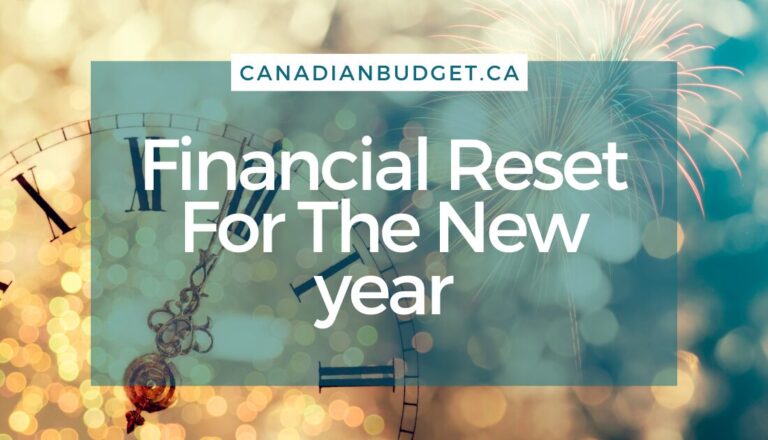
Financial Reset For The New…
How to Do a Financial Reset for the New YearAs the new year begins, it's the perfect time to take...
Read More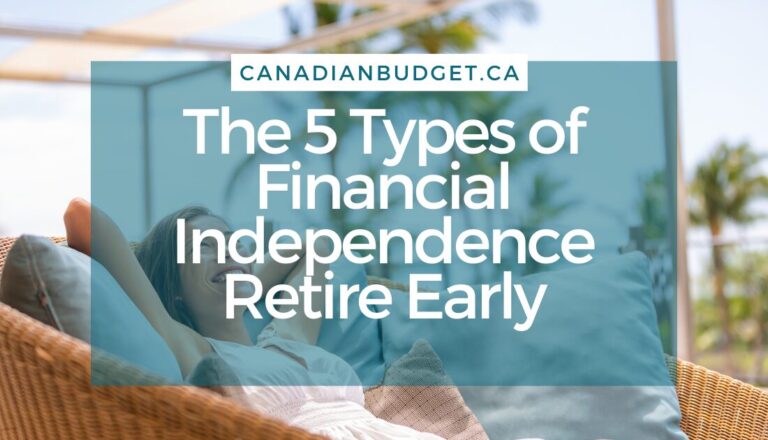
The 5 Types of Financial…
Starting your journey towards Financial Independence Retire Early (FI/RE) in Canada opens up possibilities for those eager to take control...
Read More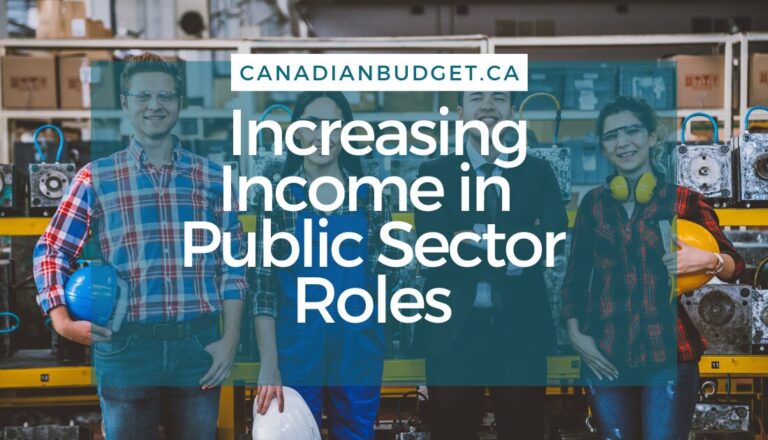
In a Public Sector role?…
Public sector roles, including those in schools and hospitals, make up approximately 21% of employment in Canada. That includes teachers...
Read More
8 Canadian Investment Accounts To…
If you are new to investing, you might be wondering what the Canadian investment accounts are available, and which is...
Read More
What Are Canadian Real Estate…
Canadian Real Estate Investment Trusts: What They Are and Should You Invest? Canadians have heard owning property was the path...
Read More
6 Ways Fixing Credit Scores…
Struggling with debt can significantly impact your financial well-being, especially if your credit score suffers. Fixing credit scores is important...
Read More
The Paying Yourself First Method
Taking control of your financial future starts with a simple yet powerful concept: paying yourself first. Shifting your money mindset...
Read More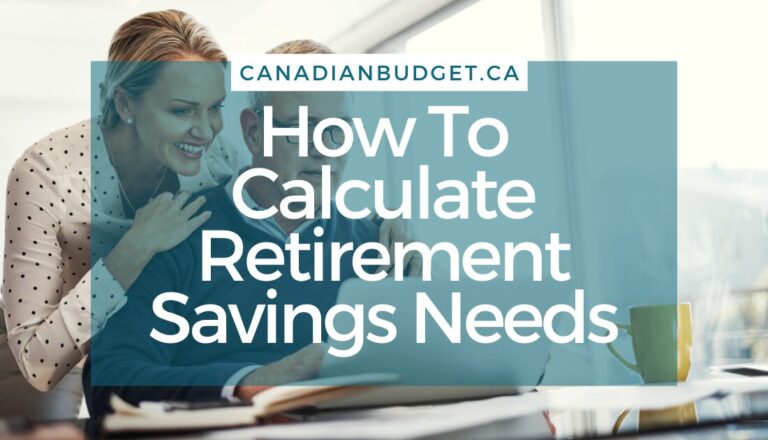
How to Calculate Retirement Savings…
When is a good time to calculate retirement savings needs? When retirement may be decades away it’s hard to think...
Read MoreAbout The Author
Jessica Morgan
Jessica Morgan is the founder and CEO of Canadianbudget.ca. She is passionate about personal finance and helping Canadians improve their financial literacy by providing more Canadian focused financial content. A millennial mom of one, she has a burning obsession with all things personal finance.
Jessica has a BA in East Asian Studies from York University and a Masters in Business Administration from Toronto Metropolitan University. She is a career public sector employee with a Hybrid Pension, and an advocate for Canadian women to improve their personal finance knowledge.
Jessica Morgan
Jessica Morgan is the founder and CEO of Canadianbudget.ca. She is passionate about personal finance and helping Canadians improve their financial literacy by providing more Canadian focused financial content. A millennial mom of one, she has a burning obsession with all things personal finance.
Jessica has a BA in East Asian Studies from York University and a Masters in Business Administration from Toronto Metropolitan University. She is a career public sector employee with a Hybrid Pension, and an advocate for Canadian women to improve their personal finance knowledge.

